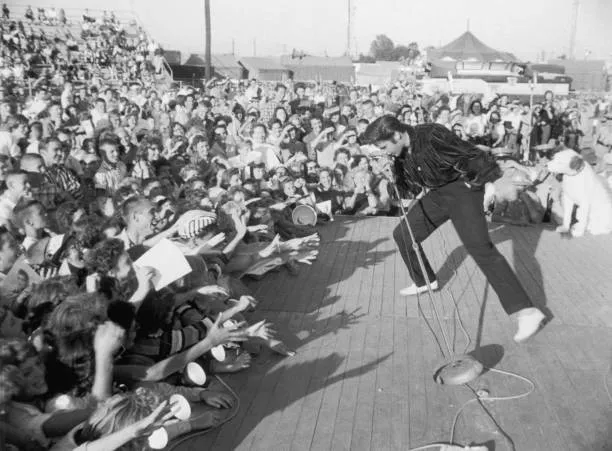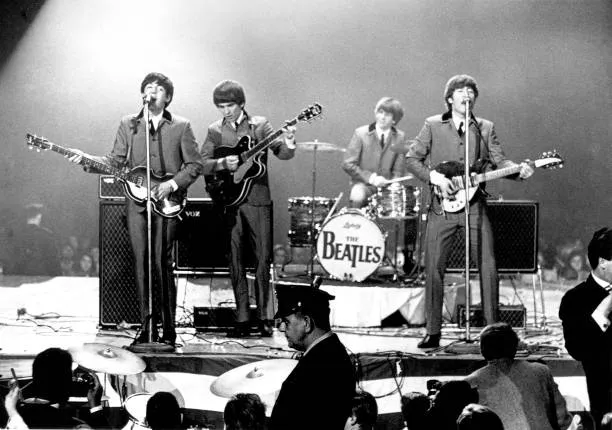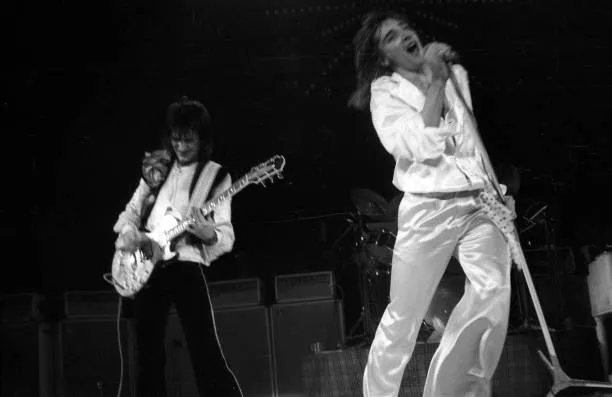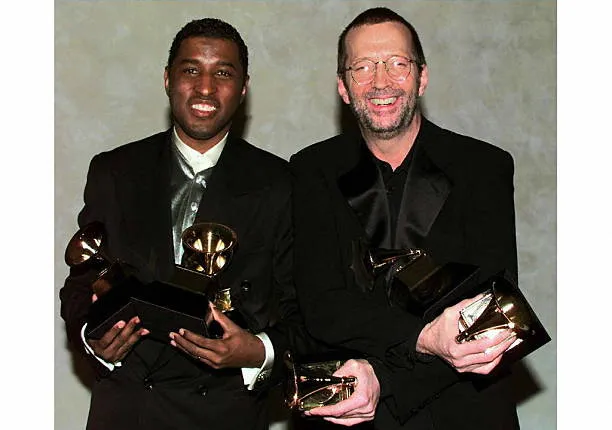In 1992, Eric Clapton delivered one of the most iconic performances of his career with his MTV Unplugged session. The stripped-down acoustic set, which would later be released as the album Unplugged, not only became a massive commercial success but also marked a significant turning point in Clapton’s personal and professional life. The session showcased his mastery of the acoustic guitar, reinterpreted some of his biggest hits, and revealed a more vulnerable side to the legendary guitarist. The creative process behind the performance, coupled with its emotional depth, resonated with fans and critics alike, leaving an enduring legacy.
The Creative Process: A Shift Toward Simplicity

The Unplugged performance came at a time when Clapton was experiencing profound emotional turmoil. In 1991, Clapton had suffered the devastating loss of his four-year-old son, Conor, who tragically fell to his death from a high-rise apartment in New York City. The grief and pain from this event deeply affected Clapton, and his music became an outlet for his emotions. While Clapton was known for his electric blues-rock mastery, the Unplugged format allowed him to explore a more intimate and reflective approach to his music.
The creative process behind Unplugged was rooted in simplicity. MTV’s Unplugged series, which focused on acoustic performances by artists, gave Clapton the perfect opportunity to revisit some of his older songs in a more raw, organic form. In preparation for the session, Clapton worked closely with his band, rehearsing acoustic arrangements of his classics as well as traditional blues numbers that had long influenced his sound. He brought new life to tracks like "Layla," transforming the high-energy rock anthem into a slow, soulful ballad that captured a more tender emotion.
The setlist was carefully crafted to include a blend of reimagined hits and blues standards. Songs like "Tears in Heaven," written in response to Conor’s passing, showcased Clapton’s vulnerability, while tracks like "Before You Accuse Me" and "Nobody Knows You When You’re Down and Out" paid homage to his blues roots. Clapton’s decision to strip back his sound and rely on acoustic instrumentation allowed the emotional core of these songs to shine through, creating an intimate atmosphere for both the audience and the artist.
The Impact of the Performance

When MTV Unplugged aired in 1992, it was an immediate sensation. Fans and critics praised Clapton’s ability to reinterpret his classic songs in a way that felt fresh yet timeless. The album Unplugged, which was released later that year, became one of Clapton’s best-selling records, eventually going on to sell over 26 million copies worldwide. It won six Grammy Awards, including Album of the Year and Best Male Pop Vocal Performance, further cementing Clapton’s legacy as one of the greatest musicians of his generation.
One of the most significant aspects of the performance was Clapton’s acoustic reinterpretation of “Layla,” a song originally recorded by his band Derek and the Dominos. The original version, known for its iconic electric guitar riff, was reimagined as a mellow acoustic ballad. The shift in tone allowed fans to appreciate the song’s emotional depth in a new way, and it quickly became a standout moment in Clapton’s Unplugged performance.
“Tears in Heaven” became the emotional centerpiece of the set, a deeply personal song written in memory of his son. The haunting lyrics, paired with Clapton’s soft, acoustic playing, struck a chord with audiences worldwide. The song’s success was a testament to Clapton’s ability to channel his grief into something that resonated universally, and it remains one of his most beloved tracks.
A Lasting Legacy

Clapton’s Unplugged performance had a profound impact on both his career and the music industry. It showcased his versatility as a guitarist and his ability to transcend genres, proving that he could captivate audiences with or without the electric guitar that had become his trademark. The success of Unplugged also helped reinvigorate interest in acoustic performances and set a new standard for MTV’s Unplugged series, inspiring other artists to explore acoustic versions of their own work.
Beyond its commercial success, Unplugged marked a period of personal and artistic transformation for Clapton. The performance allowed him to reconnect with the blues roots that had always been central to his musical identity while offering a cathartic way to process his grief. It highlighted his ability to evolve as an artist and remain relevant in an ever-changing music landscape.
In the years since its release, Unplugged has become a cultural touchstone, a testament to the enduring power of acoustic music. Eric Clapton’s performance remains one of the most significant and memorable in the history of MTV’s Unplugged series, and the album continues to be celebrated as one of his finest works. Through its simplicity, emotional rawness, and brilliant musicianship, Clapton’s Unplugged cemented his status as a true guitar legend and a master of both electric and acoustic blues.



